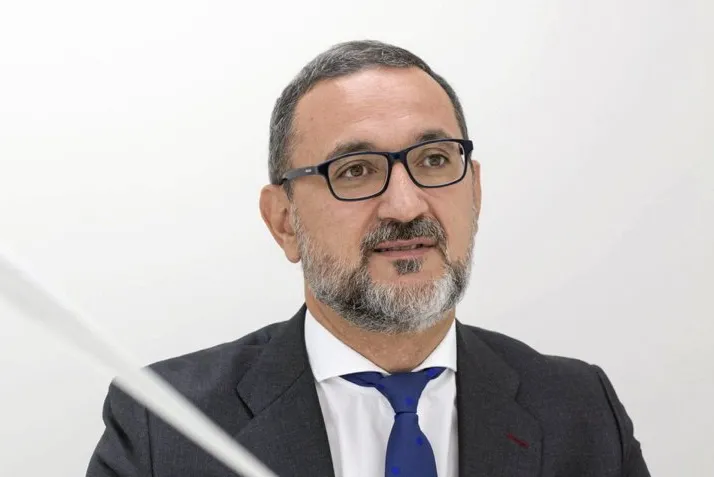Spain risks turning offshore wind opportunity into an own-goal, industry body warns
The Spanish government has been in a tailspin since floods in Valencia and the April power blackout, but it needs to move now on offshore wind, AEE warns

Spanish industry associations have pleaded with the government in Madrid to launch a long-delayed first offshore wind tender, warning that failure to set a clear timeline creates an opportunity for rival markets such as France, Morocco and Portugal.
Plans for a Spanish wind tender have advanced little since a decree issued in September 2024 outlined the regulatory framework for a tender that was expected to take place in 2025. Spain is targeting deployment of 3GW of offshore wind capacity by 2030.
Plans outlined included a 'one-stop' competitive process for acquiring 50-year seabed rights, offtake terms under a contracts for difference system and grid access but key matters including the auction calendar and definitive bidding criteria were left outstanding.
Spain's offshore wind industry is waiting anxiously for a ministerial order that will flesh out these details and kick start consultations ahead of the tender process.
Spain has significant potential for floating wind, particularly off the northwestern coasts of Galica and in some Mediterranean regions, such as Catalonia, but a first tender is likely to focus on the Canary Islands, due to attractive wind conditions, port and shipyard facilities and an attractive market for cleaner and cheaper sources of energy.
But the Socialist government led by Prime Minister Pedro Sánchez has been dogged by political problems, including fallout from the massive power blackouts that occurred in April.
The finger of blame for those blackouts has shifted away from renewables and toward poor planning by transmission operator Red Electrica, much of the anger about the incident has been directed at a weakened government.
This week, Spanish wind association (AEE) warned the government that failure to move ahead with the offshore wind auction will only add to its problems.
"The lack of firm signals is creating a real risk of industrial and port investments being relocated to other countries such as Portugal, France, and Morocco, which have already launched ambitious plans to deploy (offshore wind) technology," the AEE said in a joint statement with the Spanish Offshore Wind Forum.
Spain, which already harbours a significant portion of the European supply chain for offshore wind structures, could lose the chance to create 7,500 jobs and contribute €2bn per year to the Spanish economy, the AEE warned.
"Given its future market growth scenario, its industrial capabilities, its infrastructure, and the availability of suitable areas...Spain has everything it needs to be at the top of the European floating technology rankings," the association stated.
"We cannot afford any further delays. The development of offshore wind power in Spain needs to move forward now. The industry has no known objective reasons to justify the current delay in processing the pending regulations.
The AEE warned that neighbouring markets were not making the same mistake, with Portugal expected to unveil its complete auction model in the next few weeks.
The association also noted that France is moving into a third phase of tendering offshore wind in the Mediterranean and in the Gulf of Biscay, while Morocco is launching a plan to tender 1GW on its Atlantica coast in 2029.
"Several companies interested in developing projects in Spain are already reorienting their strategies toward other countries due to the lack of progress and regulatory certainty," warned Juan Virgilio Márquez, director general of AEE.
He warned that a supply chain that consists mainly of mid-cap companies will find it difficult to keep up in the race to become big integrators of floating wind structures if they are denied the opportunity to participate in the first commercial-scale projects.
"If we don't commit to being among the first in deployment, we will relegate our country to being a 'dependent buyer' of technology manufactured by others, without the capacity to fill the industrial and value-added gap that we deserve and that we were able to exploit in the past with onshore technology,” Márquez added.
(Copyright)